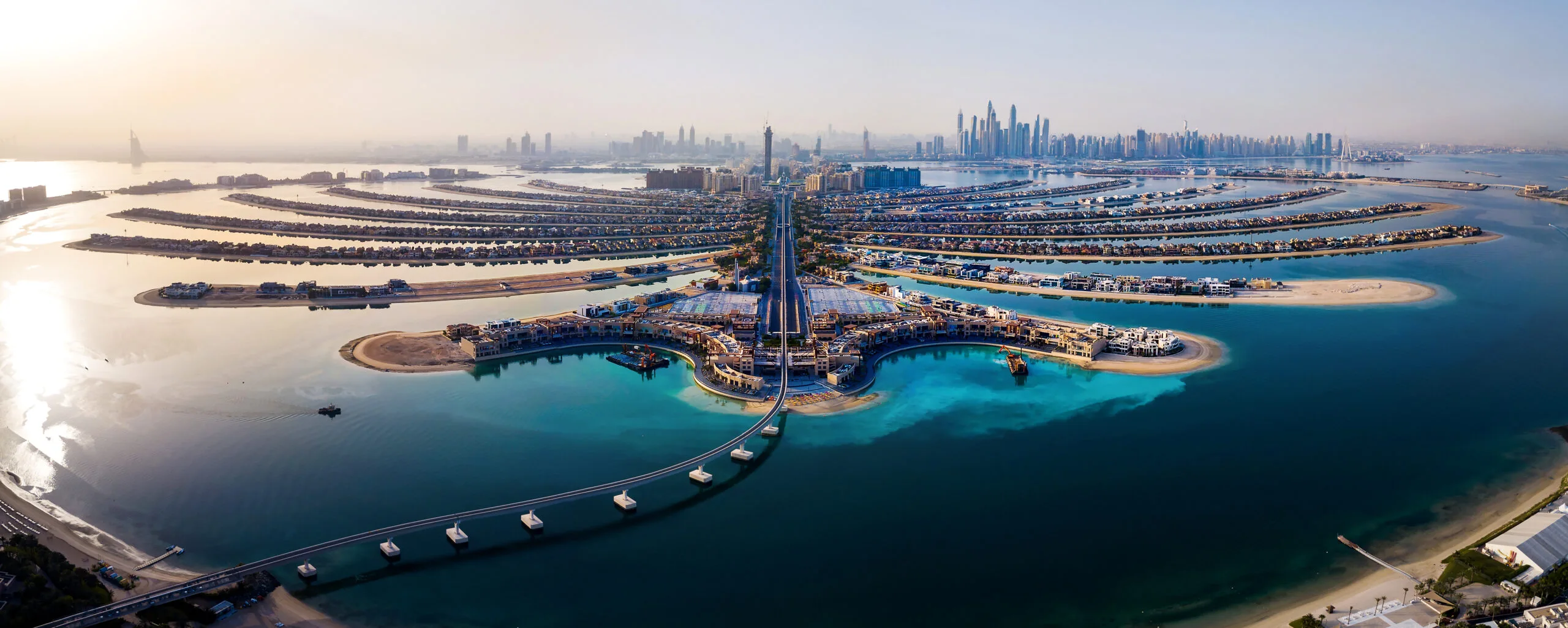
One of the Middle East’s leading real estate advisory groups and property consultants
Latest Insights
Dubai's office market delivered a strong performance in Q3 2025, supported by robust economic fundamentals and ongoing business formation activities. Dubai Chamber of Commerce welcomed approximately 53,000 new member companies in the first nine months of 2025, up 4% year-on-year, and attracted 261 foreign companies, a 65.2% increase over the same period in 2024. This surge in business activity fuelled heightened demand for office space, with sales transactions reaching approximately 1,200, up 39.9% year-on-year, and transaction values climbing to AED 3.1 billion, reflecting 87.6% annual growth. The off-plan segment was the primary driver, with volumes rising 463.8% year-on-year.
Real estate cycles matter The story of Atlantic Yards in New York is both instructive and sobering. Billed as the largest real estate project ever for the city, its launch timing was excruciatingly poor. Announced in December 2003, the planning delays and the design phase dragged out over more than four years. By the time construction began in earnest, the […]
Despite Q1 2025 residential unit sales transactions being lower than Q4 2024 due to seasonal factors and limited new launches, Abu Dhabi City’s real estate market regained momentum in Q3 2025, reaching its highest level of residential unit sales transactions on record. This rebound was supported by favourable economic conditions and rising demand from both investors and end users. The upward revision of the UAE’s 2025 GDP forecast to 4.9%, together with the International Monetary Fund’s projection of 6% growth for Abu Dhabi, highlights the solid economic backdrop that continues to support market activity.
Dubai's residential market continued to grow in Q3 2025, supported by strong macroeconomic fundamentals, population growth, and sustained investor confidence. The residential sales market recorded approximately 55,300 transactions, up 17.1% year-on-year, driven predominantly by exceptional off-plan activity. Off-plan sales surged to a record 42,000 transactions, up 23.6% year-on-year and accounting for 76% of total market activity, despite a moderation in new project launches during the quarter. However, off-plan resales declined to 6.1% of off-plan activity, down from 9.7% a year earlier. In contrast, the ready property segment showed more subdued activity, with transaction volumes declining 5.4% quarter-on-quarter and rising only 0.6% year-on-year, potentially reflecting price sensitivity among buyers or a short-term market correction.
